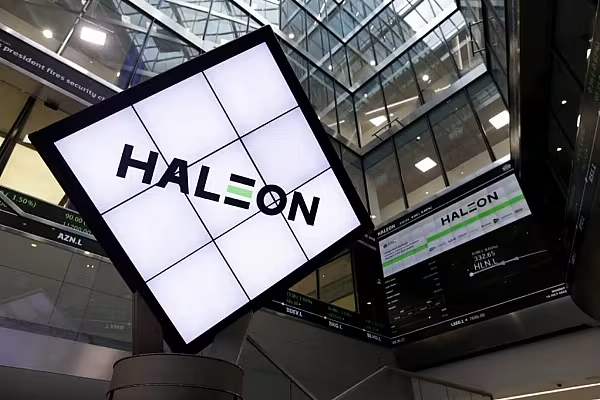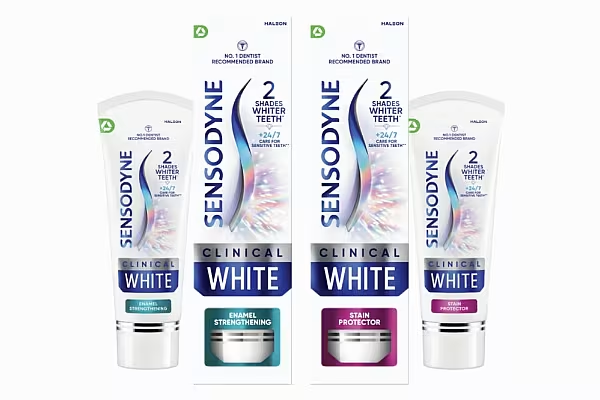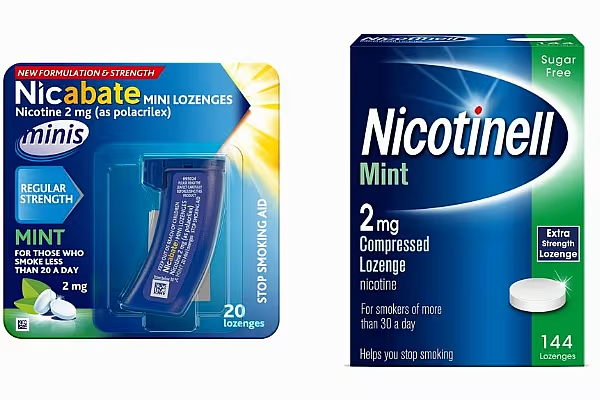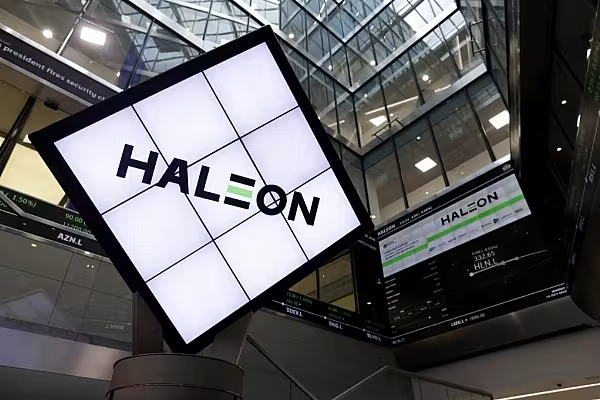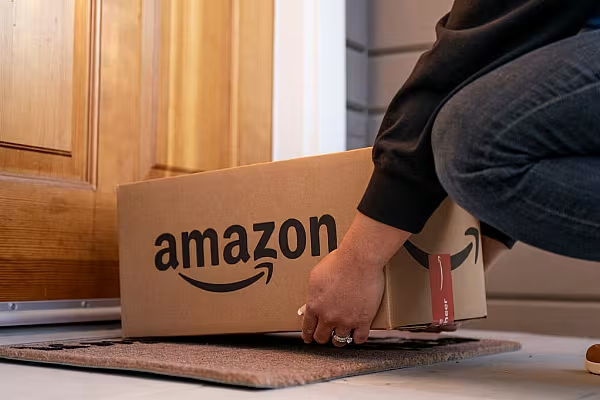Haleon missed market estimates for third-quarter revenue, as the world's largest consumer healthcare firm grappled with weak demand for its painkillers, digestive health and vitamin supplements in North America.
Consumer health companies and their essential, daily-use products are typically the last to face a demand impact by an economic slowdown, but high interest rates and rental costs are turning consumers more frugal by the day.
Haleon, which makes painkillers such as Advil and Panadol, as well as Sensodyne toothpaste, also saw sales for its respiratory products cool off out of peak flu season and adverse effects from 'one-off retailer inventory adjustments' for its digestive health products.
Revenue Increase
For the three months ended September 30, Haleon reported a 5% organic increase in revenue to £2.79 billion (€32 billion), but it came slightly below analysts' expectations of £2.83 billion (€3.25 billion), according to a company-compiled consensus.
The company said overall volumes for the quarter declined by 1.6%, while North America revenues fell 7.5% on a reported basis.
Haleon, which was carved out of British drugmaker GSK last year, has been raising prices to offset high costs.
Quarterly adjusted operating profit grew 8.8% in constant currencies, compared with analysts' expectations of a 5.8% increase.
Its price mix was up 6.6% in the third quarter.
Full-Year Expectations
The company, however, stuck by its full-year profit and revenue forecasts but flagged a hit of about 3.5% on revenue and about 6% to 6.5% on adjusted operating profit due to the effect of currency swings.
"Our FY guidance remains unchanged and we expect to deliver strong growth in both organic revenue and adjusted operating profit constant currency," said Brian McNamara, chief executive. "Whilst we are mindful of what remains an uncertain economic and geopolitical environment, we remain confident in our medium term guidance, and remain committed to drive long term sustainable growth.”
Additional reporting by ESM
